Russia said on July 18 that it did not rule out the possibility of deploying nuclear-tipped missiles in response to the recent US decision to deploy long-range cruise missiles in Germany.
Speaking to journalists in Moscow about US plans to deploy long-range Tomahawk cruise missiles to Germany starting in 2026, Russian Deputy Foreign Minister Sergey Ryabkov said Russia would respond to any US steps to boost its nuclear missile capabilities.
“We have to prepare for various scenarios, including negative ones,” Mr. Ryabkov said.
Asked whether Russia would place nuclear-tipped missiles in some regions as a countermeasure, Deputy Minister Ryabkov replied: "I do not rule out any options."
The Russian official stressed that Moscow would decide “what, where and when” to deploy based on the overall capabilities of NATO countries.
“This is not a threat to anyone. The important thing is to find the most effective, including cost-effective, way to respond to changing challenges,” Mr. Ryabkov explained.
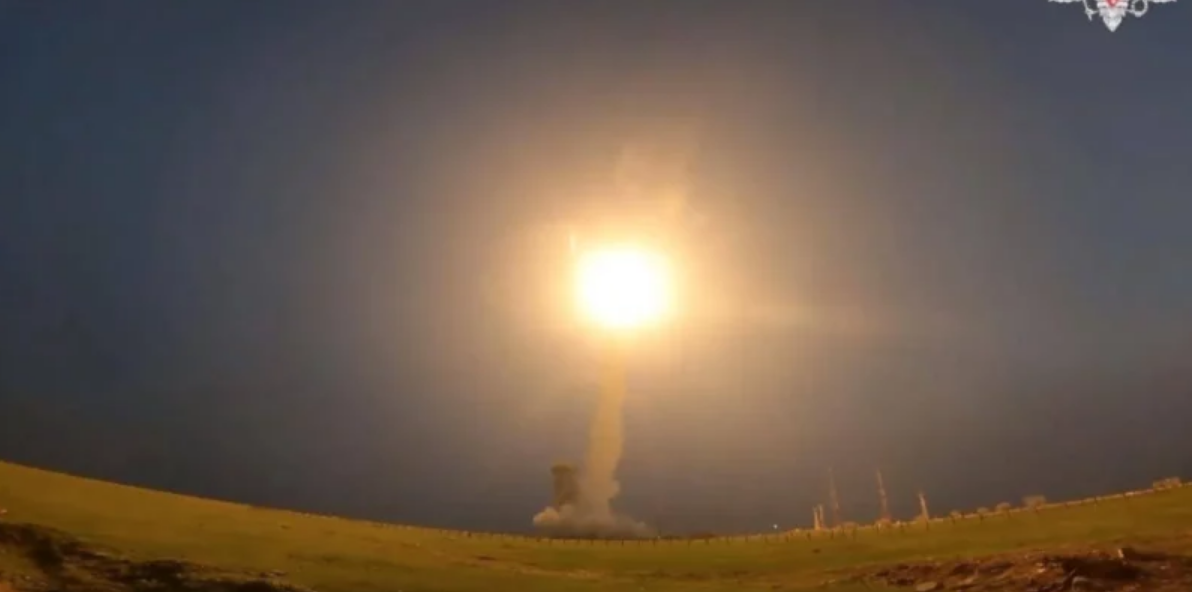
A test launch of an intercontinental ballistic missile at the Kapustin Yar training range in Russia's southern Astrakhan region near the Caspian Sea. Photo: Getty Images
The Russian deputy minister also criticized Western countries for escalating tensions. "This is a sad situation, but it will not prevent us from fulfilling our tasks of ensuring security along the entire perimeter of Russia's borders, including our air defense zone," he said.
A joint statement by Washington and Berlin on July 10 announced the deployment of Tomahawk cruise missiles and other long-range weapons to Germany, starting in 2026. The last such long-range US deployment to Germany was in the 1990s.
Russia has previously warned that the move could lead to a Cold War-style "direct confrontation".
In another development on July 18, Russia warned that the European Union (EU) was becoming increasingly militarized and confrontational as the bloc's head outlined plans to form a new defense alliance.
European Commission President Ursula von der Leyen, who was elected to a second term on July 18, said she hopes to create a European Defence Union to deal with cross-border threats in the next five years, starting with a "European Air Shield and cyber defence".
“We will ensure that these major projects are open to everyone and we will use all the tools at our disposal – both regulatory and financial – to ensure they are designed, built and deployed on European soil as quickly as possible,” von der Leyen said in a document outlining her programme ahead of a European Parliament (EP) vote on July 18.
Kremlin spokesman Dmitry Peskov said the proposal reflected Ms von der Leyen's "changing priorities" and the EU's "military colour".
“It confirms the general attitude of European countries towards militarization, escalation of tensions, confrontation and reliance on confrontational methods in their foreign policy,” Mr. Peskov said. “Everything is quite clear here.”
The Kremlin spokesman added that while Russia did not pose a threat to the EU, the actions of its member states regarding Ukraine "ruled out any possibility of dialogue and taking into account Russia's concerns".
“These are the realities we have to live with and this forces us to adjust our foreign policy approaches accordingly,” Mr. Peskov said.
Minh Duc (According to Anadolu, Al Jazeera)
Source: https://www.nguoiduatin.vn/nga-khong-loai-tru-kha-nang-trien-khai-ten-lua-mang-dau-dan-hat-nhan-204240718213946043.htm






![[Photo] National Assembly Chairman Tran Thanh Man attends the inauguration ceremony of the Memorial Site of National Assembly Standing Committee Chairman Bui Bang Doan](https://vphoto.vietnam.vn/thumb/1200x675/vietnam/resource/IMAGE/2025/9/28/6feba23492d14b03b05445dd9f1dba88)





























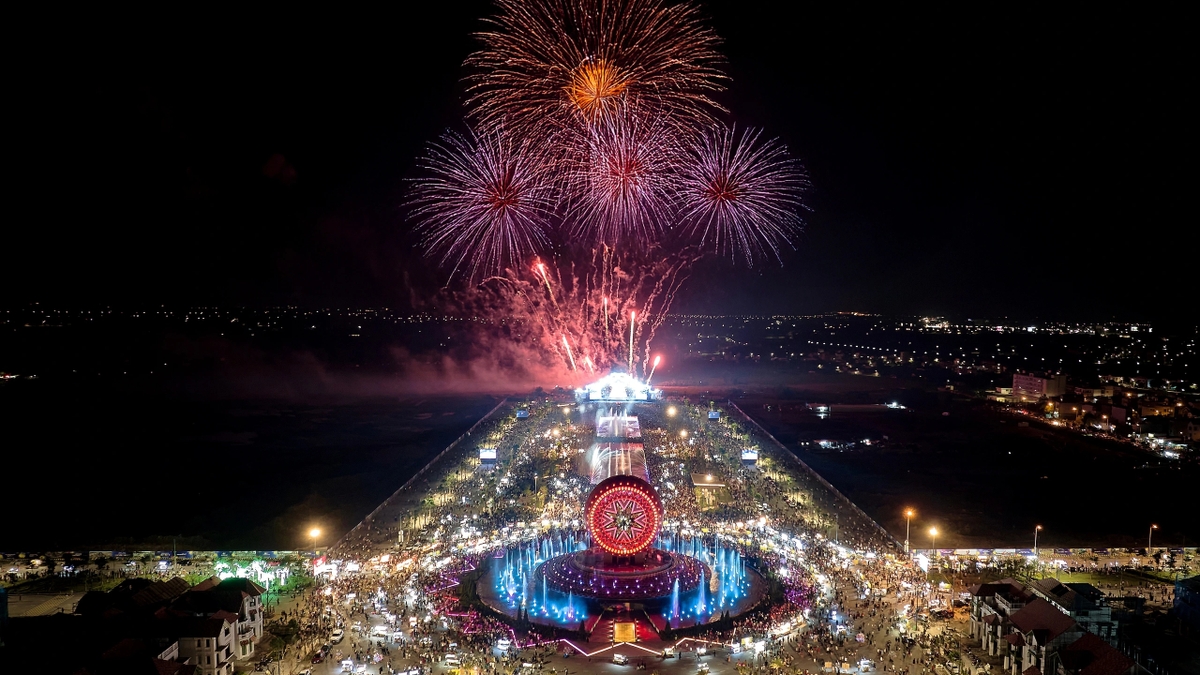


























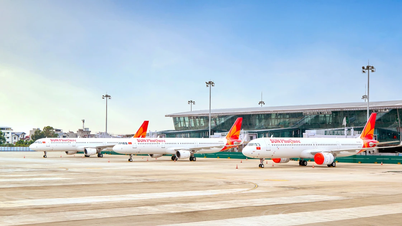


















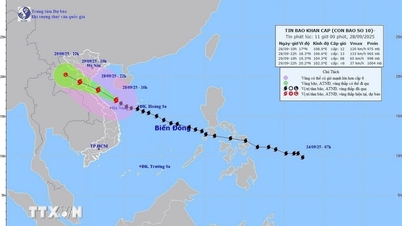



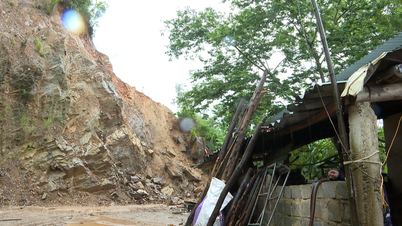


















Comment (0)